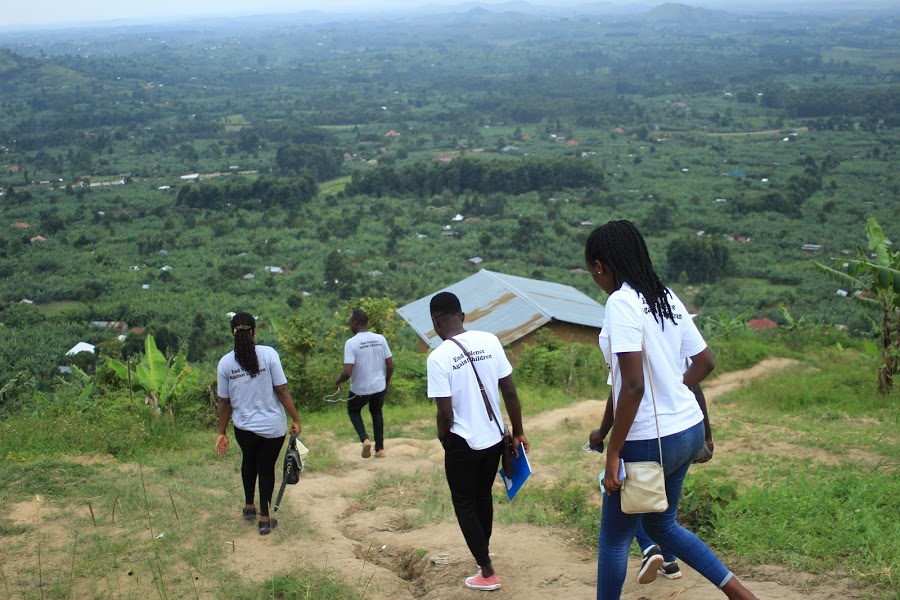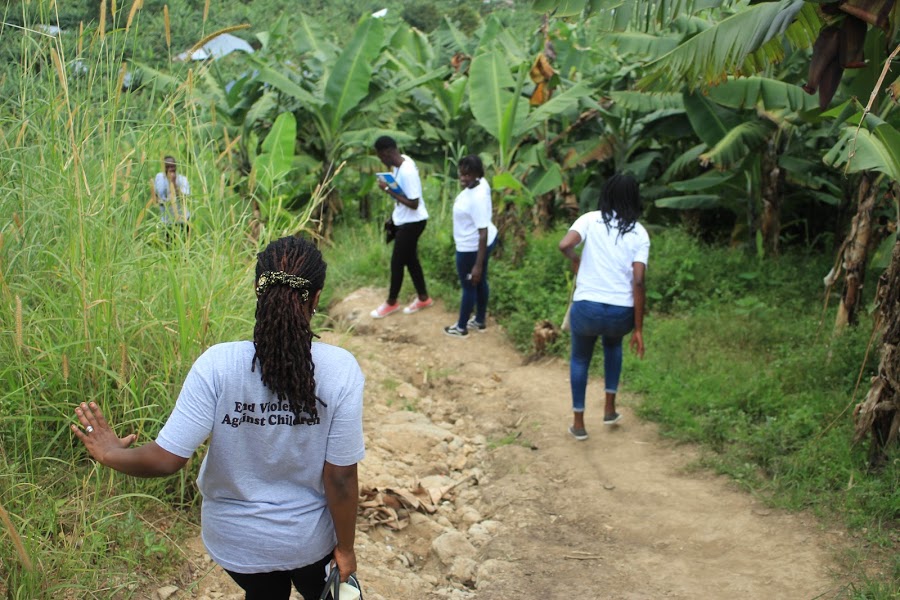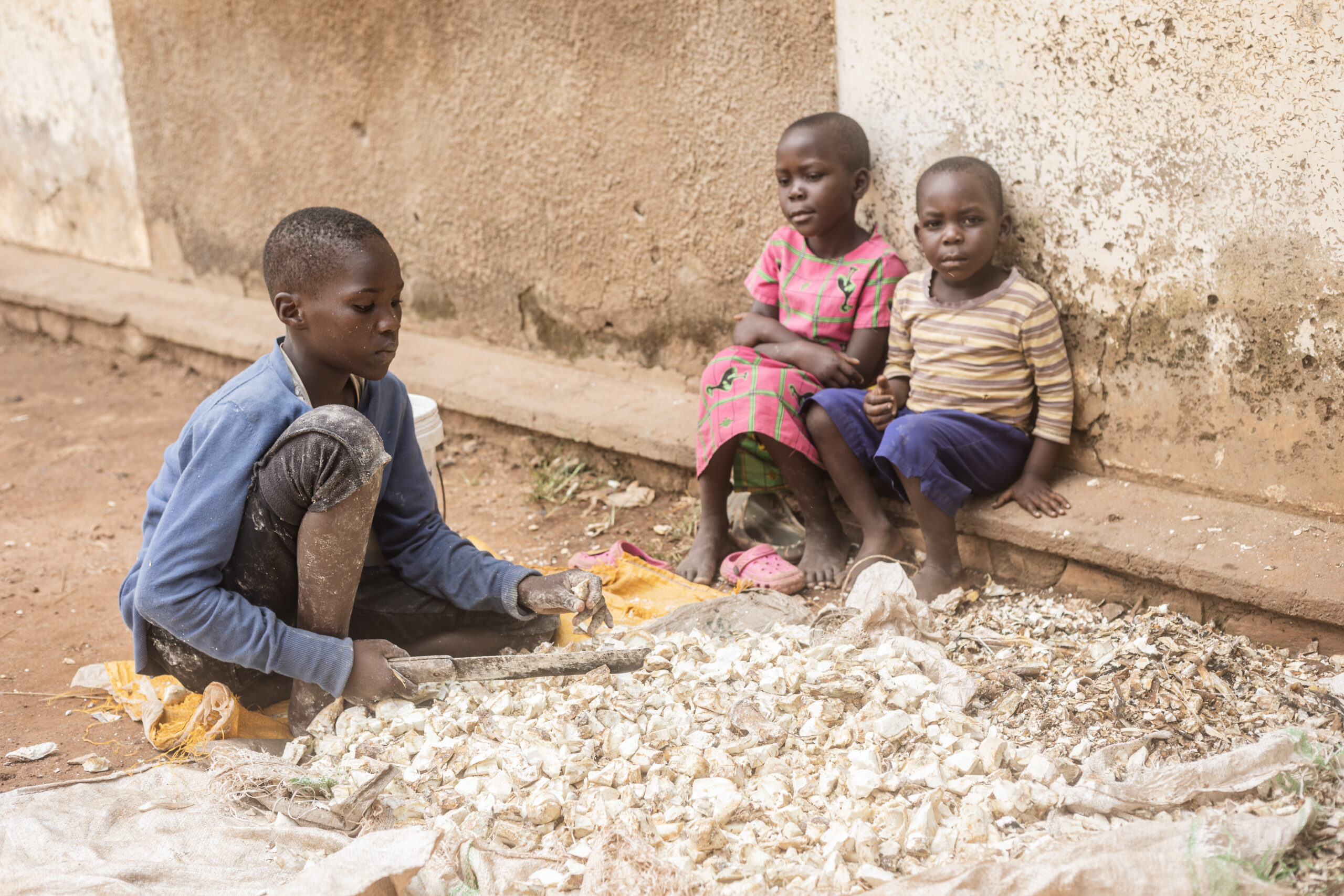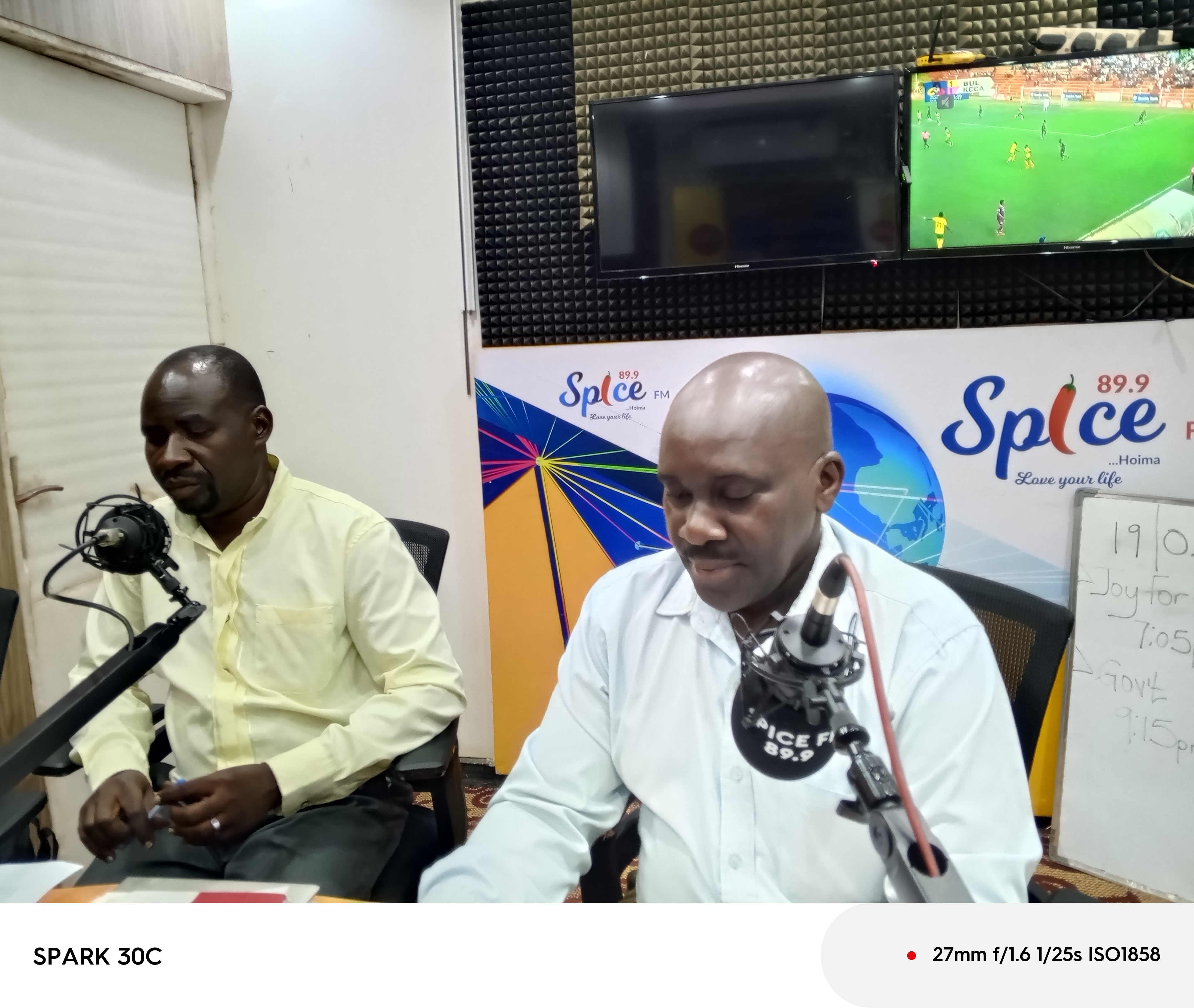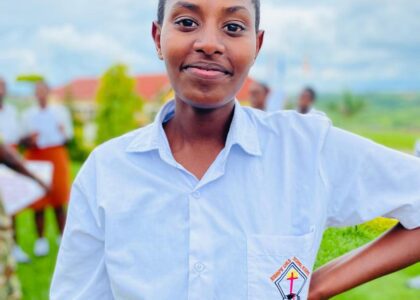Promoting Violence Against Children Prevention Centers
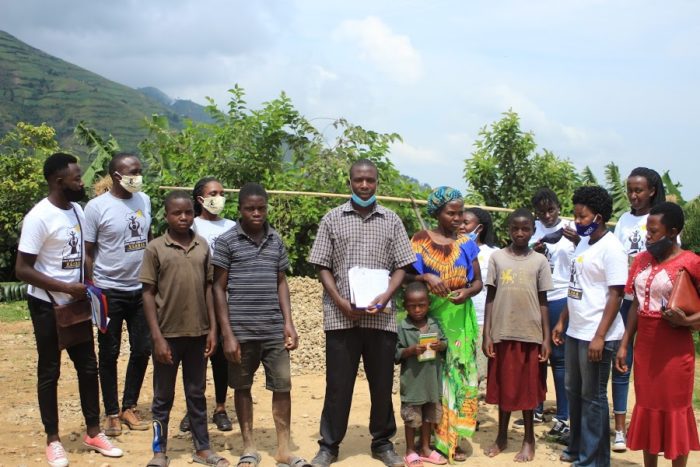
Violence against Children includes all forms of violence against people under the age of 18 whether perpetrated by parents, relatives, peers, teachers, employers, caregivers or strangers. Violence can be in form of maltreatment, sexual violence, bullying, and psychological torture.
Globally, it is estimated that up to 1 billion children aged 2–17 years, have experienced physical, sexual, or emotional violence or neglect in the past 1 year (W.H.O 2020).
Violence against Children includes all forms of violence against people under the age of 18 whether perpetrated by parents, relatives, peers, teachers, employers, caregivers or strangers. Violence can be in form of maltreatment, sexual violence, bullying, and psychological torture.
Globally, it is estimated that up to 1 billion children aged 2–17 years, have experienced physical, sexual, or emotional violence or neglect in the past 1 year (W.H.O 2020).
The violence against children (VAC) survey 2018 by Ministry of Gender and Social Development revealed that 1 in 3 girls suffer sexual violence during their childhoods and 7 in 10 boys suffer physical abuse. The evidence from VACS also reveals that young adults who suffered childhood abuse experience higher rates of mental distress, greater prevalence of smoking and alcohol abuse, more frequently higher rates of contracting sexually transmitted infections .Violence often affects their ability to be responsible and productive citizens in future. Uganda is a critical setting for preventing and responding to violence in all forms, particularly violence against young children, for whom the prevention evidence lags behind..
Since 2015, Joy for Children-Uganda has been working with Schools and communities to prevent violence, sensitizing and training communities about the safety measures of preventing violence against children and reaching out to people who are at risk or survivors of violence.
With support from Raising Voices, Joy for Children Uganda is yet again implementing a project on “promoting violence against children prevention centers” in Kabarole and Bunyangabu districts in western part of Uganda.
The overall goal of this intervention is to reduce or eliminate the incidences of violence against Children in the two districts from 2020 to2022. The Good tool kit is a collection of tools and ideas that educators use to explore what a good school is through the application of two interrelated activities, a simple correspondence “Good school =good teachers plus good learning environment”, encouraging community activism and launching multi-media campaigns. Through which schools and communities progress towards creating violence-free and gender equitable learning environment.
Intermediate outcomes of the project activities have been measured by a number of outcome indicators such as increased commitment and support of all head teachers and school management committees of the 60 GT schools, Demonstration of VAC prevention and response measures to create awareness in schools and communities, 20 local leaders have reached out to at least 20 vulnerable households such as child headed families, homes affected by HIV/AIDS, A total of 50 local leaders from Kabarole and Bunyangabu have been engaged in collaborations to review progress of project implementation in schools and communities.
Project Mile stones.
- Trained teachers and pupils in 60 primary schools on the Good school kit and community sensitization on VAC awareness.
- Documentation, reporting on VAC cases to the relevant authorities and counseling of the violence victims, supported families to reconcile and reunite with their members.
- Formation of a consortium with other organizations in the Rwenzori Region for members to develop action plans to put an end Violence against Children.
- The home visits intensified family unity as families shared openly about the concerns of their children. Children also promised to be obedient to their parents.
- Persistent follow up on the project beneficiaries through phone calls and home visits to ensure project sustainability.
While a comprehensive approach to violence prevention necessarily entails addressing perpetration, there remains a sustained need to assist children in resisting physical violence, particularly in high-prevalence contexts such as Uganda. Addressing violence against children in Uganda and other endemic settings requires collective effort by all development partners such as the government, civil society, schools and community leaders.

